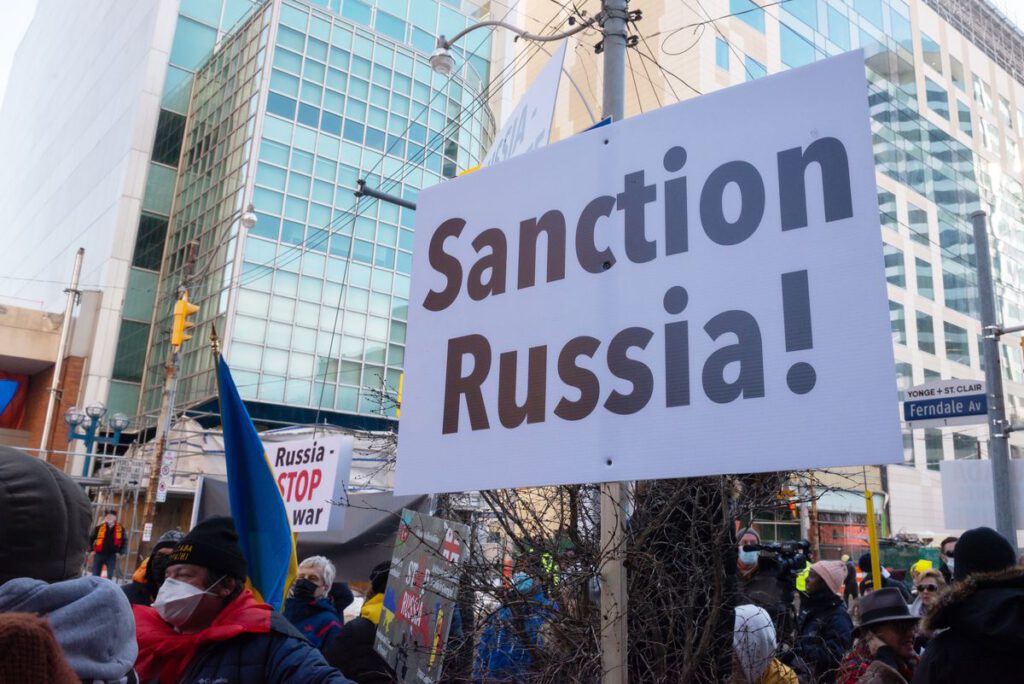Decision taken well into the Russian invasion in Ukraine and after considerable pressure on the institution representing EU member states.
After months of pressure from civil society, the French Presidency of the Council of the EU has moved to suspend Russian lobbyists from the EU’s Transparency Register of vetted lobbyists, Politico reports. Accredited registration on this register is a precondition for accessing various high-level officials in the European institutions.
The step was met with agreement from the European Parliament and Commission and is thus likely to be implemented shortly. The European Parliament had already made a unilateral decision to the same extent for access to its own institution earlier this month.
Since Russia invaded Ukraine in late February, Brussels-based NGOs have made efforts to push the EU to make necessary adjustments in its transparency and lobby policy to prevent the aggressor state from exercising undue or hidden influence on the EU decision making process. Greenpeace for example laid out the various ways in which Russian fossil fuel companies have been seeking to temper the EU’s transition towards the greening of its energy supply, while Access Info Europe urged the EU to honour company register disclosure commitments to safeguard the effectiveness of its sanctions against Russian oligarchs.

The EU is not unfamiliar with Russians nationals close to state interests seeking access to its institutions and decision-making processes. In 2019, daughter of Kremlin spokesman Peskov was found to work as an intern in the European Parliament for a far-right MEP.
The move to ban Russian lobbyists from EU premises comes four months after Russia entered Ukraine, initiating a war of invasion riddled with reported war crimes. Since the start of the invasion, EU member states have continue to transfer billions of euros to Russia for delivery of fossil fuels, amid a hike in per-unit prices.
This post was adjusted to acknowledge the reporting by Politico on which it was partially based and avoid passages mirroring the original article.

